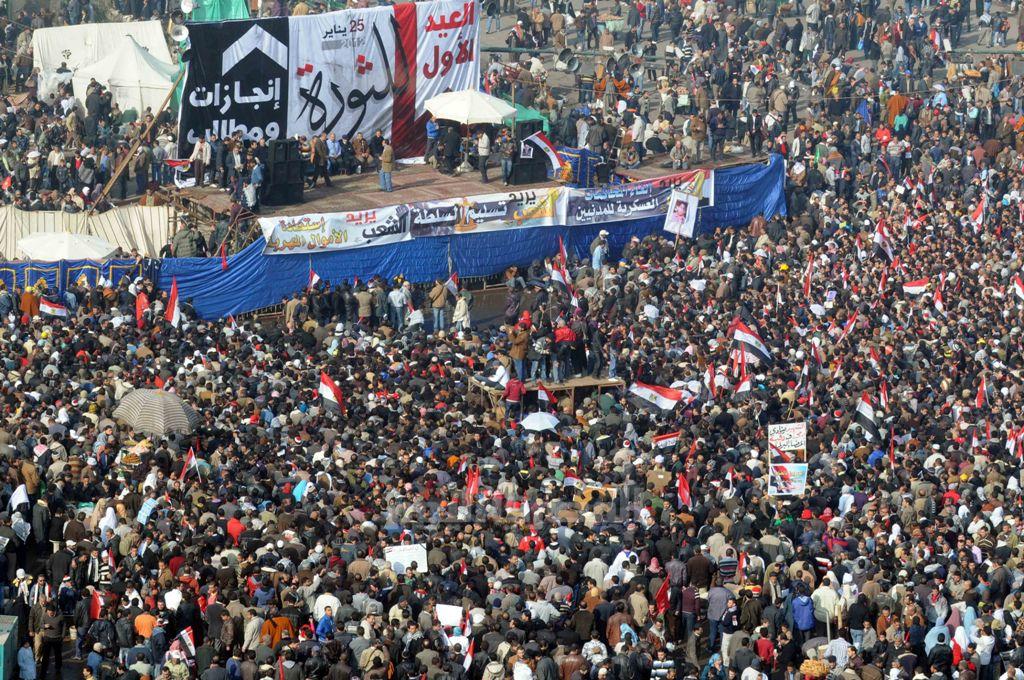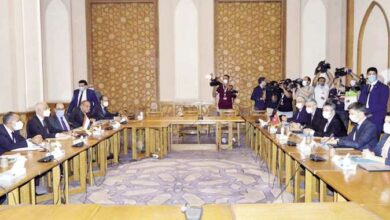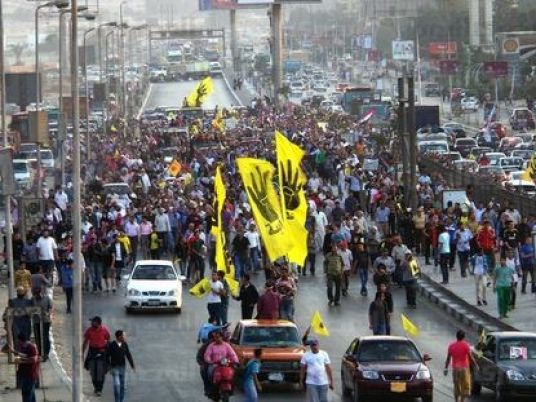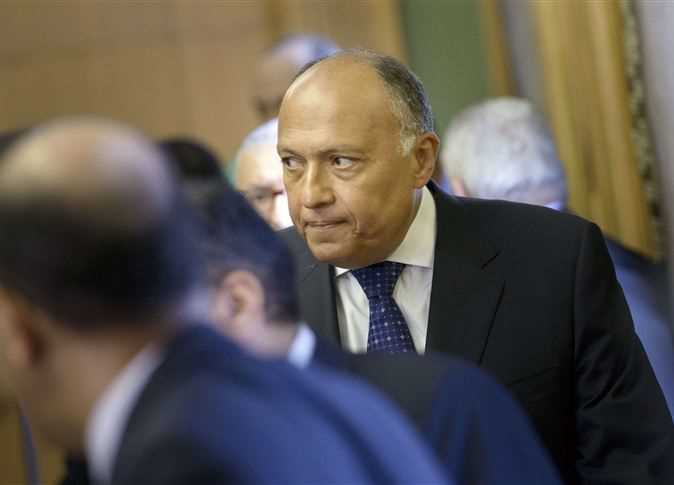The Muslim Brotherhood no longer has other weapons of resistance at its disposal besides those already announced: the road of civil disobedience and protests in the streets, after it has failed to start new sit-ins following the dispersal of Rabea al-Adaweya and Nahda sit-ins.
Despite weak turnout and organization of the MB demonstrations, whether during the week dubbed “the weak of departure” that followed the dispersal or the lack of organization during the following week dubbed “the people lead their revolution,” the group still insists on mobilizing its large number of members to demonstrations during the next few hours as a last hope to overthrow the state.
The problem currently facing the Brotherhood is that their numbers have decreased by a quarter due to the bloodshed that has prompted supporters and friends not to take part in their demonstrations, causing demonstrations to look very weak at the time when the group tried to convince themselves and others that nearly 10 million demonstrators took part in only one day of this week’s protests.
The group faces another problem of no longer finding a way to negotiate after cornering themselves between narrow options that do not please the MB’s now imprisoned leaders. The armed forces also insist on bringing to justice those who have bloodied their hands. Therefore, the release of the MB Supreme Guide Mohamed Badie, his deputy Khairat al-Shater and the deposed president Mohamed Morsy has become extremely difficult. Negotiation and reconciliation has become impossible. After the Brotherhood was asked into a negotiation that it rejected, it is now looking for reconciliation, but finds no one to reach out their hands.
The MB rejects any reconciliation agreement that does not grant acquittal for both Badie and Shater, so that the public opinion would not think the MB are supporting murder and terrorism, even if the leaders are tried and punished with court verdicts in natural non-exceptional courts and their involvement in murder is confirmed through evidence.
The problem is that the MB is still convinced that millions of Egyptian people are participating in its protests. Not aware that a momentum of masses has rallied during the recent weeks in support of the armed forces and police to counter the Brotherhood, thinking its a war against terrorism, which is one of the reasons leading MB sympathizers away from the group.
The MB now holds the weapon of civil disobedience hours before the August 30 protests, as if it wants to use the last weapons in its stock to confront the authority. The group knows the possibility of either suppressing these demonstrations or for them to fail. That’s why it thinks of other solutions for confrontation. Strangely enough, it announced civil disobedience to start on the official weekend, Friday and Saturday, as if it wants to state that the civil disobedience has already succeeded.
In fact, Egyptians do not absorb the idea of civil disobedience. In the darkest days of tyranny, they have never used this way of objection. Egyptians think that working is part of their worship to God and halting it is a crime. Not to mention that many of them have their own businesses and see such calls for disobedience as a direct threat to their job.
Both the Brotherhood and the state institutions, especially the security authorities, realize that 30 August is the final battle. All indicators show, however, the ability of the security institutions to withstand this battle, especially with the decreasing number of the Brotherhood and their weaken ability to mobilize citizens.
The only solutions before the Brotherhood is to demonstrate in the streets or to announce civil disobedience. The armed forces realize that the Brotherhood are catching their final breath. They are trying to get out of the hard mental state by showing off their powers, so that they don’t die twice, one with the feeling of weakness and again with weakness itself.




